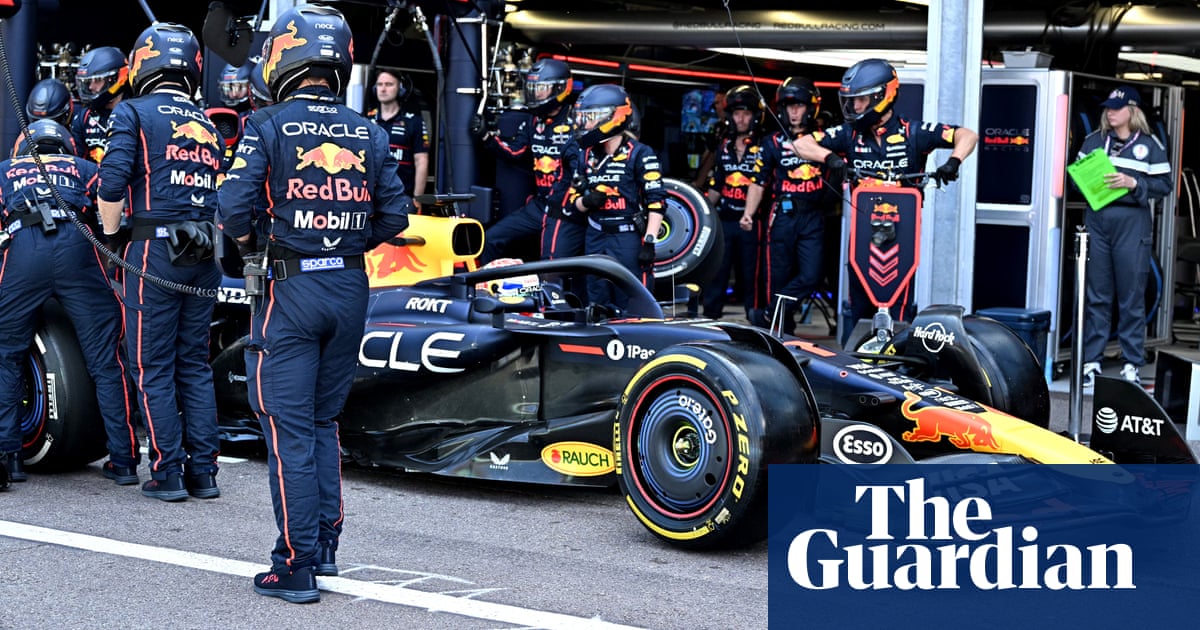Max Verstappen andGeorge Russellboth issued a blunt disapproval of Formula One’s attempts to enliven the Monaco Grand Prix by imposing mandatory pit stops. Verstappen compared it unfavourably to Mario Kart, and Russell dismissed the policy as having failed and the race an irrelevance to an audience that were “sipping champagne on a yacht”.
F1 had hoped enforcing two pit stops would make for some jeopardy and create at least strategic interest in the 78-lap race through the narrow streets of Monte Carlo but it failed to do so. Nor did it address the fundamental problem which was once more painfully clear in the race on Sunday that modern F1 cars are too big and too heavy to pass one another in Monaco. No overtakes on track were achieved in the entire race.
Verstappen was leading for the final third but only because he had yet to take his final pit stop and when he did so Lando Norris, who had largely been in front from pole,claimed the victory.
“I get it, but I don’t think it has worked,” Verstappen said. “You can’t race here anyway so it doesn’t matter what you do. One stop, 10 stops. Even at the end I was in the lead, but my tyres were completely gone, and you still can’t pass.
“We were almost doing Mario Kart. Then we have to install bits on the car – maybe you can throw bananas around? I don’t know, slippery surface?”
Russell, who had qualified out of position in 14th place after an electrical problem was equally dismissive as he trawled round, stuck behind the slow moving Williams cars who were on a different strategy but which he was powerless to pass and was reduced to doing so illegally and taking a penalty.
He suggested the entire format of the meeting should be changed to a qualifying weekend, given the contest over a single lap usually presents a gripping contest.
“The two-stop clearly did not work at all,” he said. “For all of the drivers, qualifying is the most exhilarating moment of the weekend. Do we accept that there should be no race and it’s a qualifying race?
“You do one on Saturday, one on Sunday and the guy who qualifies on pole gets some points and gets a little trophy. The one on Sunday gets some more points, because that’s what we love most. I think that’s what you guys enjoy watching the most.
“And 99% of the other people in Monaco are here sipping champagne on a yacht, so they don’t really care.”
